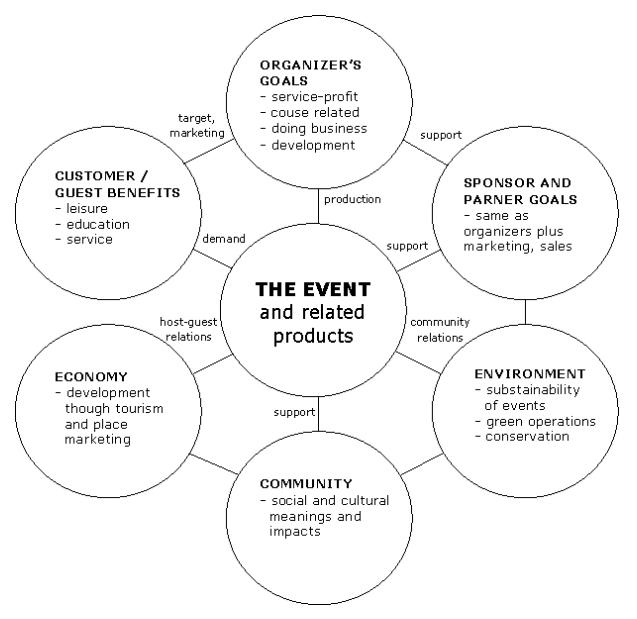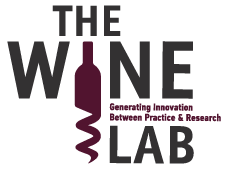
Defining events. Events are temporal phenomena but there are some common features: complex, well-defined in time and location, it has specific aims and provides hopefully a unique moment in time. Planned events have a detailed programme or schedule of events, and are advertised well in advance, and are usually confined to particular places (Getz, 2007). Every event experience is personal and unique, arising from the interactions of setting, programme and people. (Getz, 2007)
Special events are that phenomenon arising from those non-routine occasions which have leisure, cultural, personal or organisational objectives set apart from the normal activities of daily life, whose purpose is to enlighten, celebrate, entertain or challenge the experience of a group of people. (Shone and Parry, 2004:3)
Understanding the types of events and their purposes.
Possible classifications are the followings:
- Main aim of event
- Motivation of participants
- Scale/Number of participants
- Drawing power of event
- Length of event
- Frequency of event
- Venue(s) of event
Planned events are created to achieve specific outcomes, including those related to the economy, culture, society and the environment. Event can be a tool for place marketing (by creating positive images, improving the locals’ quality of life, attracts residents and investors). Events can be major tourism attractions, able to attract visitors, increase tourism demand, fight against seasonality etc.
Event can be a tool for destination image maker which able to combat negative imagery, create and enhance new themes for destinations. Events are also catalyst of development – stimulate the infrastructure, assist urban renewal, supporting local economy, stimulate local businesses etc.
